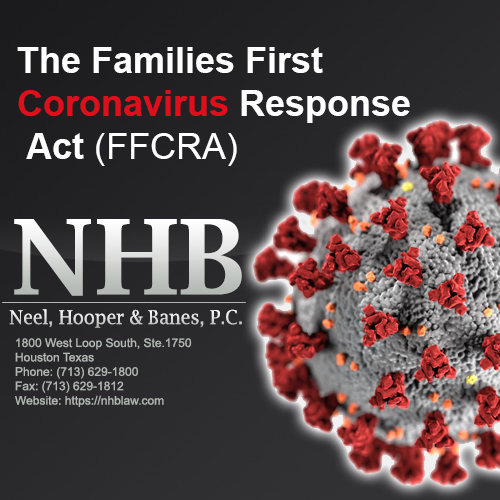By Linda H. Evans,
Senior Associate.
Over the last few weeks, the Supreme Court has issued several opinions that have a direct impact on employers. Here are three of them:
Employers and Health Benefits: In the Hobby Lobby case, the Court ruled in a 5-4 decision that some for-profit corporations that provide health insurance benefits to its employees may not be required to provide certain forms of contraceptives if doing so violates the owners’ religious beliefs. However, this ruling is limited only to “closely held” corporations like the family-owned business Hobby Lobby. What exactly is meant by a “closely held corporation?” Under the IRS definition, it is one that is more than 50% owned by five or fewer individuals. Hobby Lobby did not object to all forms of birth control, but to certain ones like the “morning after pill.” The decision stressed that the majority of the Court did not intend to open the door to allowing employers with religious views to deny other forms of employee benefits, including other health benefits.
NLRB cases: In the Noel Canning case, the Supreme Court agreed 9-0 with the lower court that President Obama’s January 4, 2012, recess appointments to the National Labor Relations Board (NLRB) were unconstitutional. The Court found that the recess of more than three days but less than ten days was too short for such appointments to be valid. There were more than 700 reported and unreported decisions made over 20 months by the recess-appointed Board, some of which were highly controversial. What will happen to all of these cases? Even if only a fraction of those cases result in reconsideration, appeal, or new decisions, there will be a significant impact on the NLRB. According to the NLRB, there are currently more than 100 pending legal challenges. Many, if not all of these, will likely be returned to the NLRB for reconsideration. It may be years before the full impact of this decision is known. As of July 2013, all five of the current members of the Board had been confirmed, and any decision after that date will not be affected by this decision.
Forced Union Dues: In the Harris case, a 5-4 Court ruled that public-sector unions in Illinois cannot collect fees from home health care workers who don’t want to be part of a union. The ruling was limited to health care workers, and not all private-sector unions. It also stopped short of overturning decades of practice that allowed public-sector unions to pass representation costs to non-members. Justice Alito said in the opinion that home care workers are different from full-fledged public employees because they work primarily for their disabled or elderly customers and do not have most of the rights and benefits of state employees. This case came from an Illinois resident who serves as a primary caretaker for her disabled son. She receives Medicaid funds and functions as a state employee. In 2003, Illinois passed a measure deeming the workers state employees eligible for collective bargaining. SEIU, the union which represents publicly employed home care workers, automatically deducts membership dues from employees’ paychecks under the collective bargaining agreement it has with the state. Harris demanded the union stop collecting fees from workers who refuse representation, arguing being forced to pay the fees is a violation of First Amendment rights.


